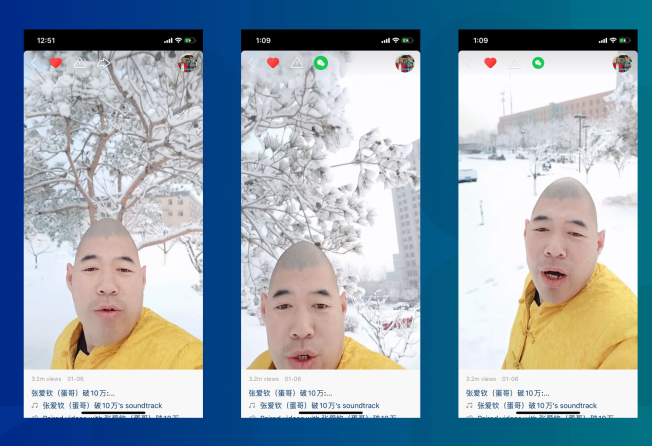How a hit Chinese song from the 80s became a global meme
- The lyrics “xue hua piao piao bei feng xiao xiao” from Fei Yu-ching’s Yi Jian Mei are trending on Spotify, Google, TikTok and beyond

To any native Chinese person of a certain age, the tune is unmistakable.
“The snowflakes are fluttering and the north wind is blowing,” serenades iconic Taiwanese crooner Fei Yu-ching in his 1983 classic, Yi Jian Mei. The melancholic love song compares the singer’s undying love to a blossoming plum tree in the middle of winter. It’s also an apt metaphor for the song that has found a second life in the unlikeliest of circumstances nearly four decades later, shooting to the top of music charts… in snowy Scandinavia.
Print option is available for subscribers only.
SUBSCRIBE NOW